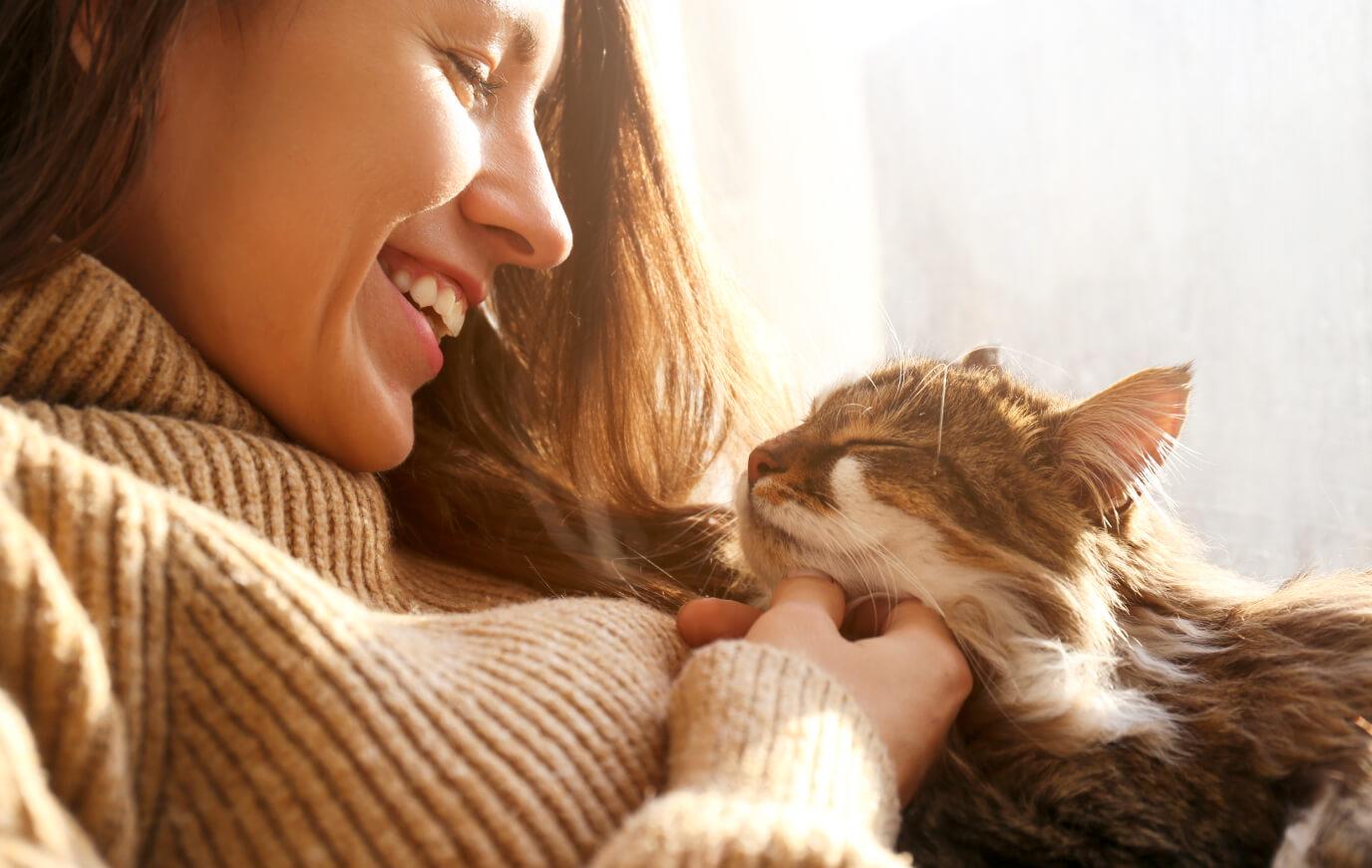Yes, cats can absolutely eat Apricot. But before you place a large bowl of apricots in front of your cat, thinking about all the benefits they might offer, we suggest you continue reading. There is more to know about the right way to introduce apricots into your pet’s diet, and the right amount of apricot to offer them.
Apricots are extremely nutritious and can offer health benefits like improved digestion and sight. But does this superfood offer the same benefits to your cat as it does to people?
Are Apricots Good for Cats?
Cats are carnivorous in nature, so they shouldn’t be fed fruits and vegetables on a daily basis. Many fruits and vegetables are even toxic for them. But apricots are among the list of human foods that are safe for them to consume.
Let us have a look at the nutritional benefits of apricot. ½ cup of Apricot (around 90 grams) contains the following –
Calories – 48
Carbs: 11 g
Protein: 1.4g
Fat: 0.4 g
Sodium: 1mg
Sugar: 9.2g
Fiber: 2g
Calcium: 13mg
Iron: 0.4mg
Potassium: 259mg
Apricots are stuffed with beta-carotene and antioxidants. They also contain carotenoids and xanthophyll. These help in improving night vision, healthy digestion, hydration, promote healthy skin health, and have many other benefits.
Now these are the benefits apricots offer humans, but in moderation, cats can benefit from consuming apricots as well. Apricots can prove to be a healthy treat option for your cat.
Health Benefits of Apricots for Cats
Apricots offer a range of benefits, but let’s dive into the specifics of what benefits apricots can offer cats.
Help fight cancer – The potassium and beta carotene found in apricots help in fighting cancer cells.
Regulate and support immune system – The Vitamin A in apricots supports the immune system. The Vitamin C on the other hand helps in tissue growth and immune regulation.
Maintains healthy eye-sight – All the carotenoids like beta carotene, lutein and vitamin A help in improving low light vision and overall eye health.
Various other nutrients – Apricots also contain niacin, copper, calcium, magnesium, and phosphorous which aid overall digestion and support the immune system.
Do Cats Like Apricots?
It is very common for our feline pets to be curious about the foods we are eating, and apricots are no exception. Cats do not have the same taste buds as humans and aren’t able to detect sweetness. So, while the taste is likely not the reason your cat is curious about apricots, they might find the texture of the fruit to be really interesting.
How Much Apricot is Good For Your Cat?
Cats are carnivorous in nature and hence should be getting majority of their nutrient intake through meat. Fruits like apricots which are safe for your cat should be given only as occasional treats and in very small quantities. The recommended quantity here would be 10% of your cat’s daily calorie intake or less and should be limited to once or twice a week.
Can You Feed Dried Apricot to Your Cat?
It is perfectly safe to feed dried apricots to your cat. The key is once again to feed it to them in moderation and only as an occasional treat. But make sure that you remove all the stems, seeds, and leaves before giving your cat a bite.
How Can You Feed Apricot to Your Cat?
Before adding a few pieces of apricot to your cat’s bowl, there are a few things you should know.
No stem, leaves, or pit – It is very important that you remove the stem, leaves and pit of apricots and keep them away from your cat. These parts of the plant contain cyanide and can lead to cyanide poisoning. Cyanide blocks the cells from taking in oxygen and hence can be fatal.
Wash the fruit thoroughly – We do not want any type of dirt or pesticide to enter your cat’s digestive tract. So, make sure to wash the apricot thoroughly before chopping it up for your cat.
Cut the fruit as small as possible – Any fruit you give your cat should be cut as small as possible to help make digestion easier.
What To Do in Case of Cyanide Poisoning?
If your cat ends up eating a leaf, stem, or the pit of the apricot keep an eye out for the following symptoms of an upset stomach. You should contact your vet right away if you see –
Dilated pupils
Difficulty breathing
Excessive panting
Vomiting
Bright red mucous membranes
If cyanide poison is left untreated, it can lead to severe symptoms including respiratory distress. This can lead to shock and may end up causing death. Other fruits like plums, peaches, and cherries also have leaves, stems, and pits that contain cyanide, so make sure to always remove them.
How Spot Pet Insurance Can Help
Spot Pet Insurance offers customizable accident and illness and accident-only plans; customize your plan by choosing your deductible, annual limit, and reimbursement rate from a range of options. Spot plans offer up to 90% cash back on eligible veterinary bills, so you have help with peace of mind as you navigate the unexpected illness or injury of your pet. Spot plans help give pet parents the ability to focus on caring for their pet, while worrying less about the cost of their care. Get a free quote today!
Conclusion
In summary, Apricot is a super food for you as well as your cat. Just make sure that you stick to the recommended amount and frequency and take the time to prepare the fruit for your cat. Dried or fresh, go ahead and prep some apricot for both you and your cat to enjoy!
The information presented in this article is for educational and informational purposes only and does not constitute or substitute for the advice of your veterinarian.
